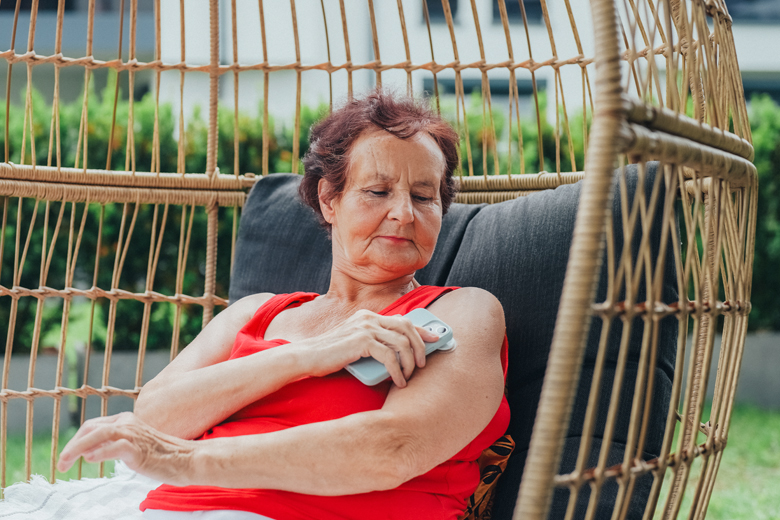Advice for When You Are Sick
How to Deal with Illnesses
People with diabetes have been identified as one group that may face greater risks of complications when dealing with COVID-19. With that in mind, our clinicians have put together a list of guidelines for adults with diabetes who may find themselves dealing with any kind of viral symptoms.
What to Do if You Are Feeling Sick and Have Diabetes
On days when you are sick, your glucose levels can go high even if you are eating less than you usually do.
Having any of these conditions below can cause a “sick day” and may make your glucose levels go up.
- Common cold
- Influenza (“flu”)
- Nausea, vomiting, diarrhea
- Infection
- Surgery
- Dental work
- Stress
- Injury
Steps to Take When You Are Feeling Sick
Untreated high glucose levels can lead to more serious medical problems, so it is important to have a plan. The following are the steps to follow when you are sick.
- Always take your diabetes medicine unless your healthcare provider tells you not to. Even if you are unable to eat your usual meals, you need to take your insulin or diabetes pills. If your glucose is over 250 for two readings in a row, call your healthcare provider because you may need a change in your medicine.
- Monitor your glucose more often. Monitor your glucose 4 times per day for mild illnesses (like a cold) or every 3 to 4 hours for more severe illnesses (like the flu). You will need to monitor your glucose more often when you are ill is important because it can get high quickly. You will not always know if your glucose is by how you are feeling.
- Check for ketones when your glucose is over 250 mg/dl if you have type 1 diabetes.
- Drink plenty of fluids. Drink at least 6 to 8 ounces of fluids every hour while you are awake to prevent dehydration.
- If you are unable to eat solid food, switch back and forth between sugar-free drinks (diet soda, seltzer water, tea) one hour and liquids that contain sugar (juice, regular soda) for the other hour.
- Rest - Do not exercise. It would be helpful to have a support person available.
When to Call Your Healthcare Provider
There may be times when you feel very sick or just aren’t sure what to do. It’s best to be on the safe side and call your healthcare provider, especially if you:
- Have signs of dehydration such as dry mouth, cracked lips, sunken eyes, skin that is flushed and dry or weight loss
- Have a fever of 101ºF or higher
- Have persistent nausea or vomiting or are unable to keep fluids down
- Have persistent diarrhea
- Have persistent abdominal pain
- Have rapid, shallow breathing
- Have glucose levels over 250 mg/dl for more than two readings with or without ketones
- Have persistent moderate-large ketones
- Have persistent low glucose
If your health care provider recommends that you go to the hospital, remember to bring your insulin vials to avoid dosing errors. This is especially important if you take U500 insulin.
Although this content is reviewed by Joslin Diabetes Center healthcare professionals, it is not intended to replace the medical advice of your doctor or healthcare provider. Please consult your healthcare provider for advice about a specific medical condition.




